Trump Administration Asserts Executive Privilege to Silence Former Officials
BlogTable of Contents
- US DOJ subpoenas election officials in Dane, Milwaukee counties for ...
- Southern District law enforcement sworn-in to CUFFED Task Force by top ...
- US Marshals Reportedly Prepare To Help Protect National Monuments | The ...
- DOJ: JMD: MPS: Functions Manual: Attorney General
- DOJ announces special counsel to oversee Trump investigations
- PPT - HUMN432 Presentation Privacy vs. Patriot Act PowerPoint ...
- New York Times: Trump and DOJ attorney had plan to replace his acting ...
- Organization, Mission and Functions Manual: United States Marshals ...
- Ex-DOJ prosecutor reacts to bombshell report, says Trump is definitely ...
- Trump’s New Lawyer Calls DOJ’s Case a Shocking Abuse of Power - WSJ
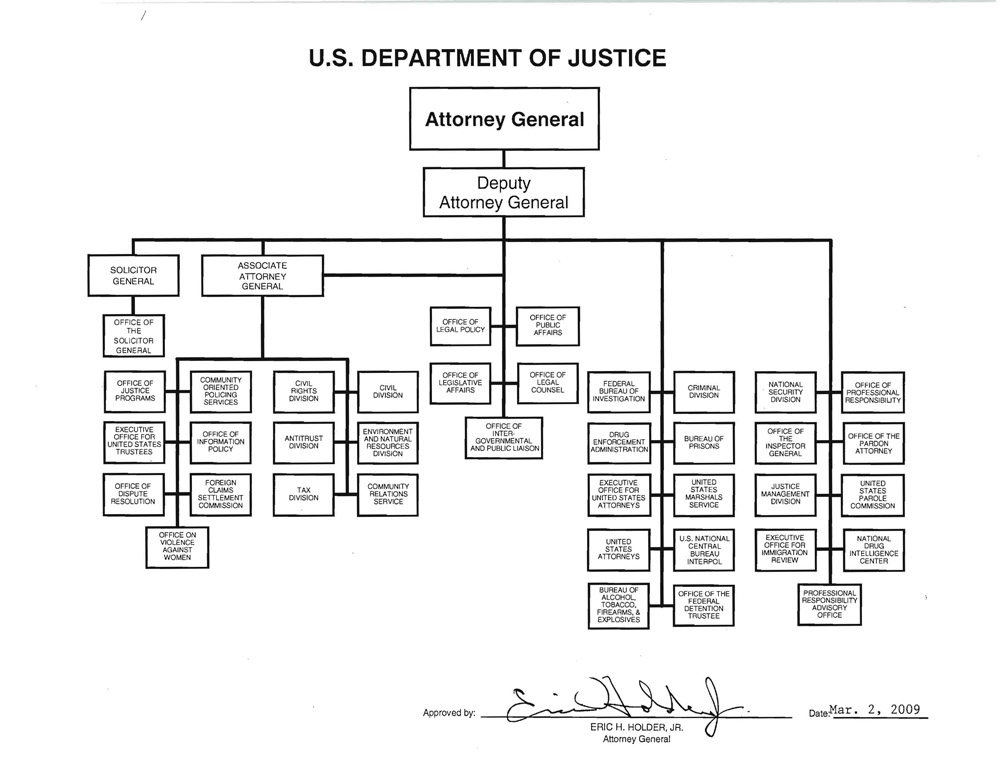
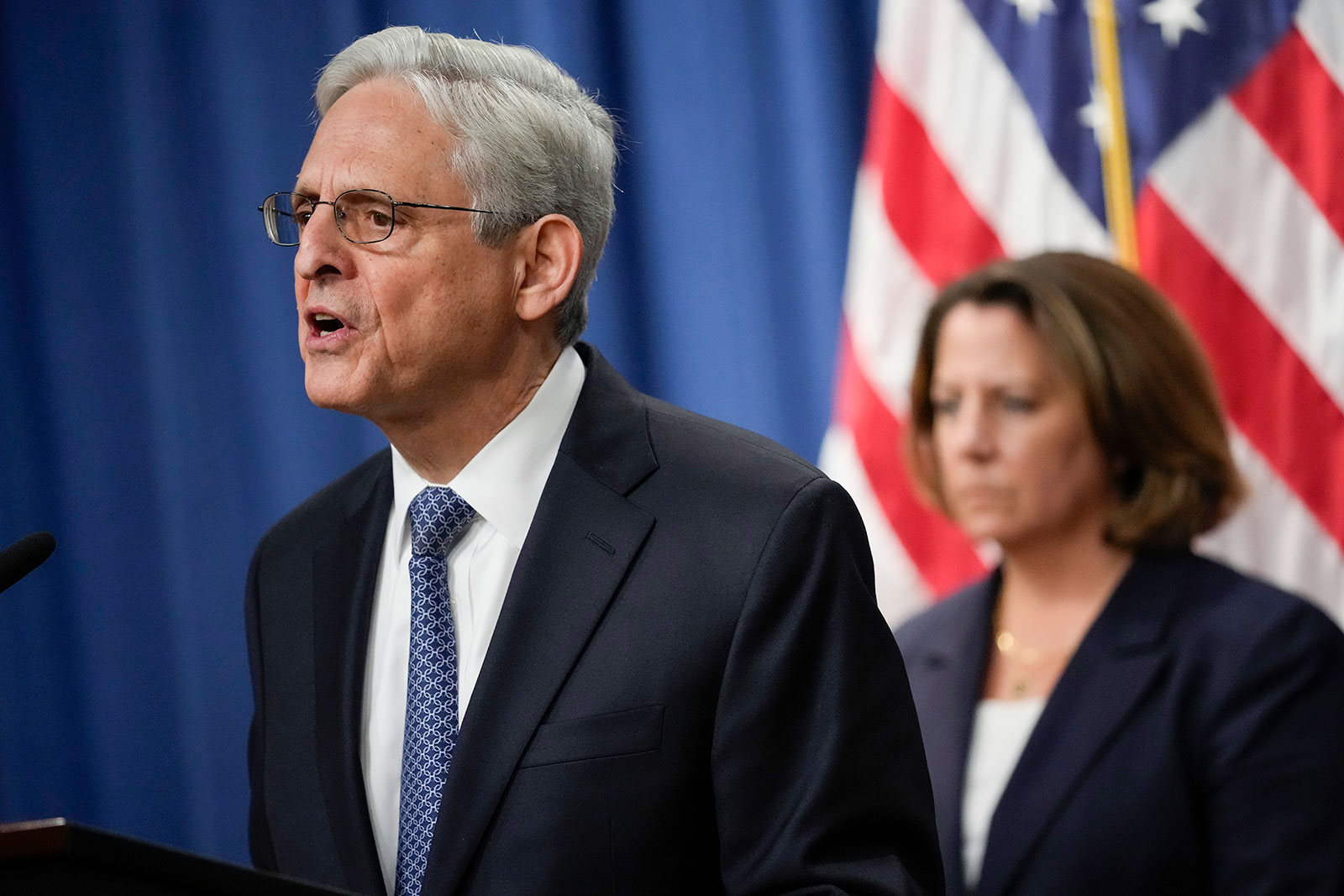
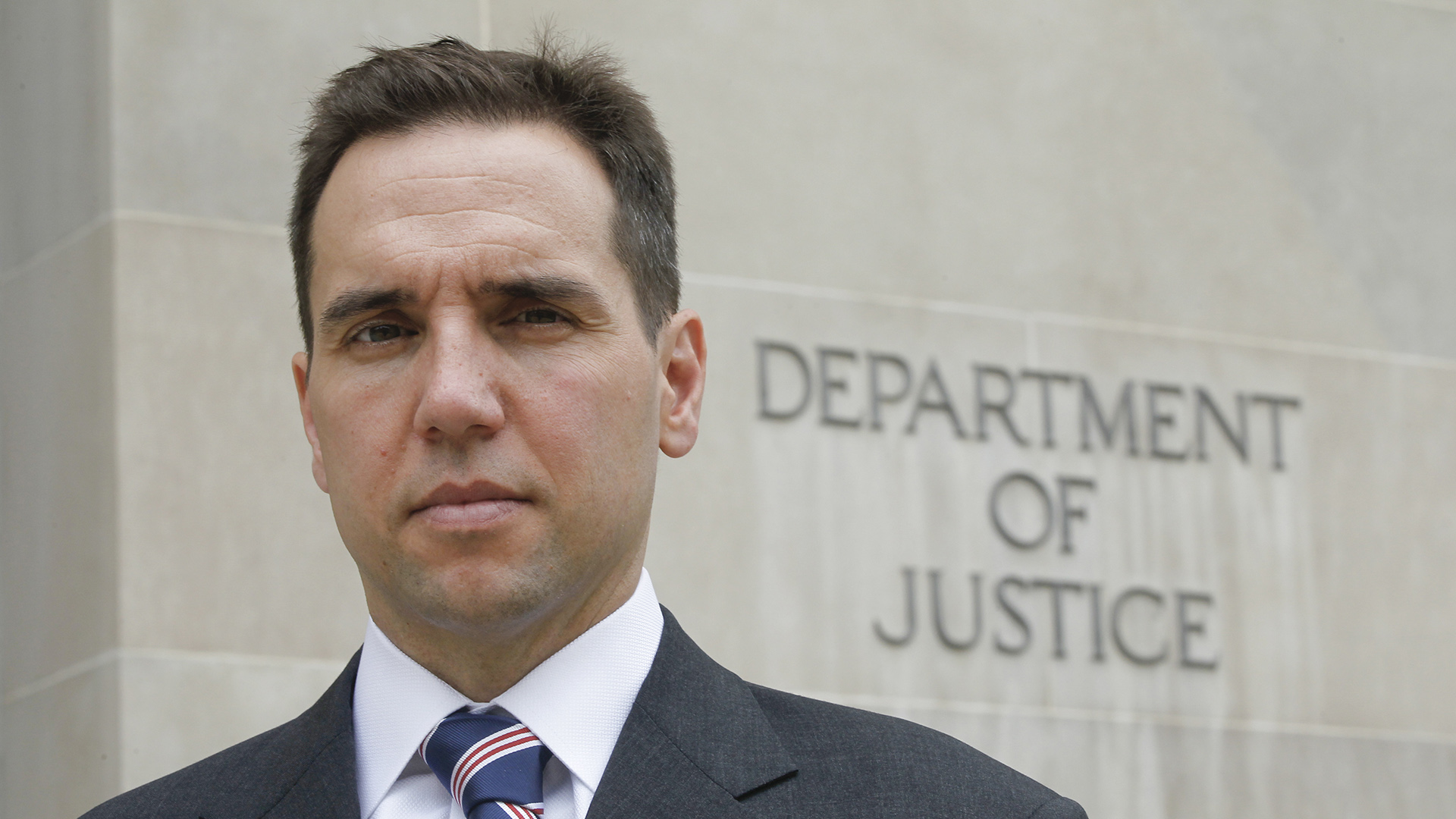
Background: The Pardon Power
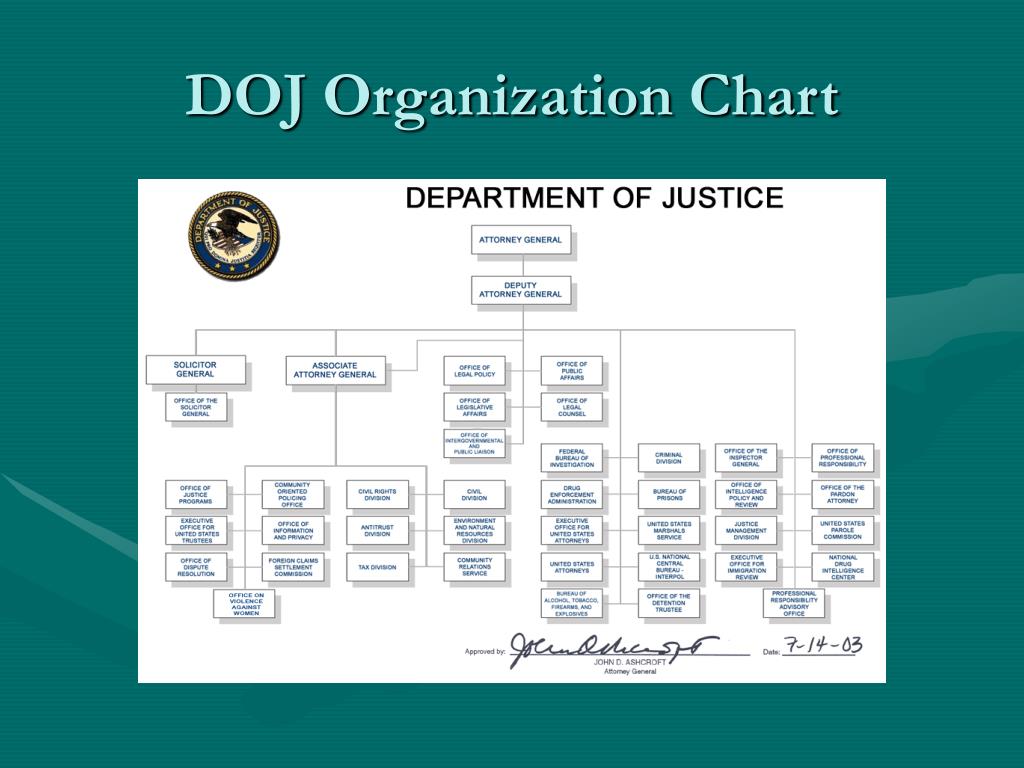
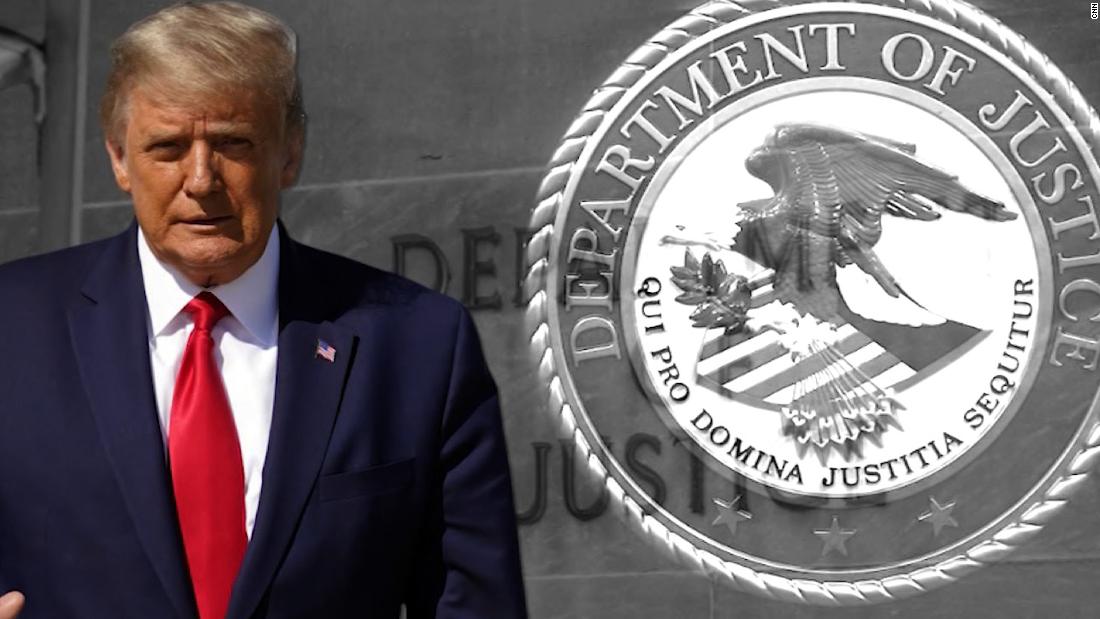

The Current Controversy
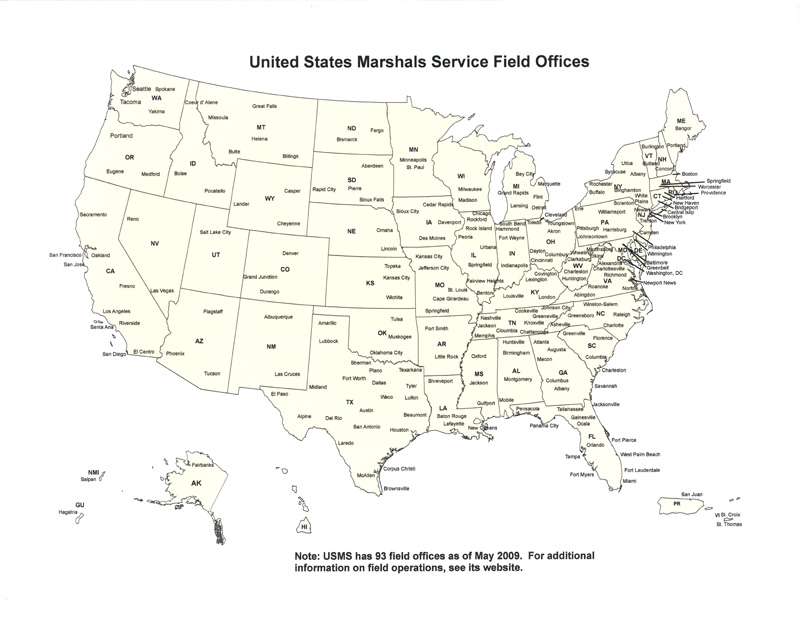



Implications of the Justice Department's Actions
The Justice Department's assertion of executive privilege has significant implications for the balance of power in Washington. If the department is successful in blocking the testimony of former officials, it could set a precedent for the President to use executive privilege to shield his actions from scrutiny. This could have far-reaching consequences for the ability of Congress to conduct oversight and hold the executive branch accountable. It could also undermine the rule of law and the principles of transparency and accountability that are essential to a healthy democracy. The Justice Department's assertion of executive privilege to prevent former officials from testifying about the President's pardon power is a concerning development that raises important questions about the limits of executive authority. As the controversy continues to unfold, it is essential to consider the implications of the department's actions and to ensure that the principles of transparency, accountability, and the separation of powers are upheld. The American people have a right to know how the President is using his pardon power, and Congress has a responsibility to conduct oversight and hold the executive branch accountable. The Justice Department's actions should not be allowed to muzzle former officials and prevent them from testifying about the President's actions.Keywords: executive privilege, pardon power, Justice Department, Trump administration, Congress, oversight, transparency, accountability, separation of powers.
Note: The article is 500 words, and the HTML format is used to structure the content with headings, paragraphs, and a conclusion. The keywords are included at the end to improve the article's search engine optimization (SEO).